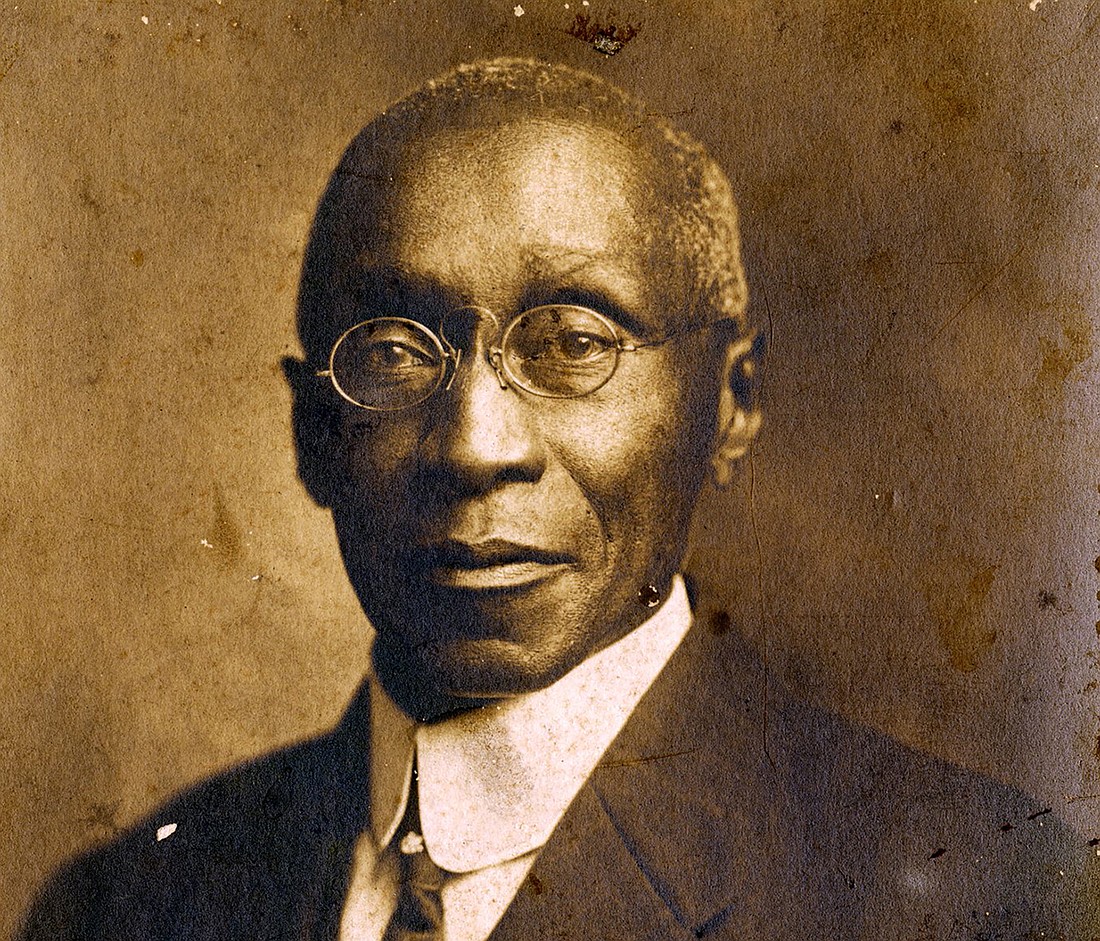
By Dave Chauncey • Jacksonville Bar Association Young Lawyers Section
In June 2020, the Duval County School Board voted to begin the process of exploring possibly changing public school names connected to the Confederacy.
While other schools with Confederate-related names likely will change without much debate, adopting a new name for Robert E. Lee High School has been contentious.
Yard signs for and against the change have popped up all over the attendance zone. Some of the debates have been ugly and disruptive to the school.
There can be a new chapter for Lee High School and this chapter does not need to involve the name Robert E. Lee.
Many alumni argue that the name “Lee High School” has been part of the tradition and history of the school for nearly 100 years. Proponents of the name change argue that Confederate Gen. Robert E. Lee should not be honored.
Consider this: Jacksonville has another famous Lee who accomplished more in his life than most anyone could imagine: Joseph E. Lee.
This other Lee is mostly lost to history but, as a community, we can bring back his memory and honor him for being a leader.
Joseph E. Lee is one of the great figures in Jacksonville’s and Florida’s history.
He was born in 1849, nearly 12 years before the first shots were fired in the Civil War. After the war, Lee received a law degree from Howard University and moved to Jacksonville in 1873.
That same year, Lee was the third African American attorney who practiced in Florida and Jacksonville’s first. He was elected to the Florida House of Representatives three times representing Duval County and also served in the Florida Senate.
In 1888, Lee became the first African American judge in Florida, defeating two white candidates in an election.
He also was an educator, leading the law department at Edward Waters College. He paved the way for future African American leaders including James Weldon Johnson, John Rosamond Johnson, D.W. Perkins and others.
Lee was a minister who received a Doctorate in Divinity.
He was a larger-than-life figure in the Florida Republican Party. Lee was appointed U.S. Collector of Internal Revenue for Florida in 1897 by President William McKinley and subsequently re-appointed by Presidents Theodore Roosevelt and William Howard Taft.
Lee perhaps was the most influential person in Florida during this period. He met with McKinley on several occasions and was visited in his home by Roosevelt.
For years, Lee’s papers and other historical documents were kept at the Joseph E. Lee Library Museum that closed decades ago. Now, his documents are preserved by the Jacksonville Historical Society.
Duval County School Board Policy 8.59 IV(A), it states that, “The name of the school shall not be of a person (whether living or deceased).”
This is generally a good policy. However, in this circumstance, this rule does not preclude the shortening or adjustment of the name to simply “Lee High School,” the name by which most people call the school anyway.
It could include the name of the school’s magnet, Early College, like the School Board has approved for other schools.
It also does not preclude the board from honoring the memory of Joseph E. Lee and his accomplishments at the school or even dedicating the school to his legacy.
The school board could ask to host some of the documents that once were within the Joseph E. Lee Library in the Lee High School library.
This is a commonsense solution that provides a way forward.
With such a decision, alumni can remain connected to “Lee High School,” proponents could remove “Robert E.” from the name, public funds can be saved on rebranding and the school can honor someone who had a significant historical impact on Jacksonville.
This could be a new chapter for Lee High School, a new chapter for Jacksonville and a new chapter of our history that can inspire generations to come.
Dave Chauncey is an attorney at Alexander DeGance Barnett, practicing in labor, employment, education and general commercial law. He lives and works in the Robert E. Lee High School attendance district.